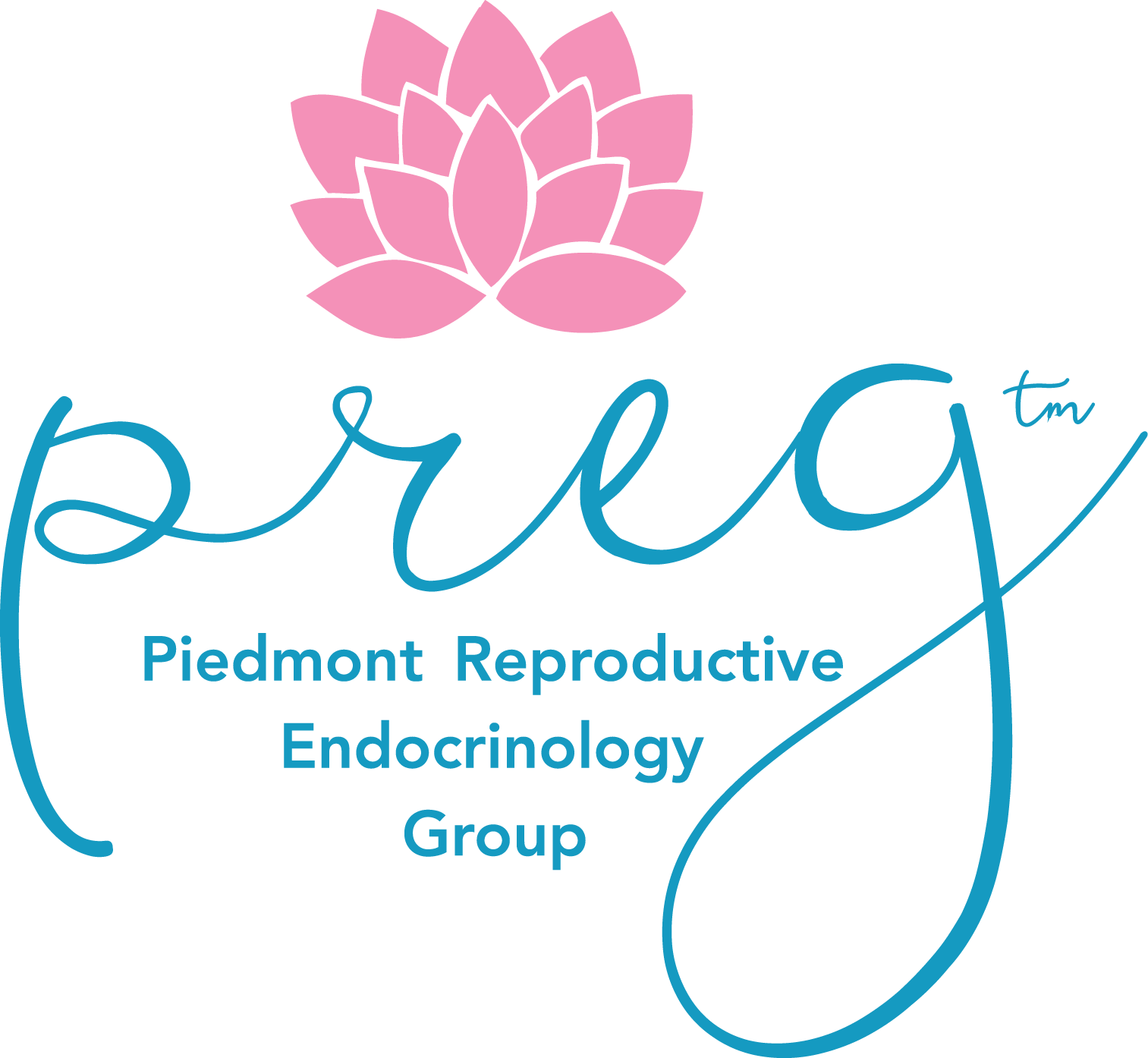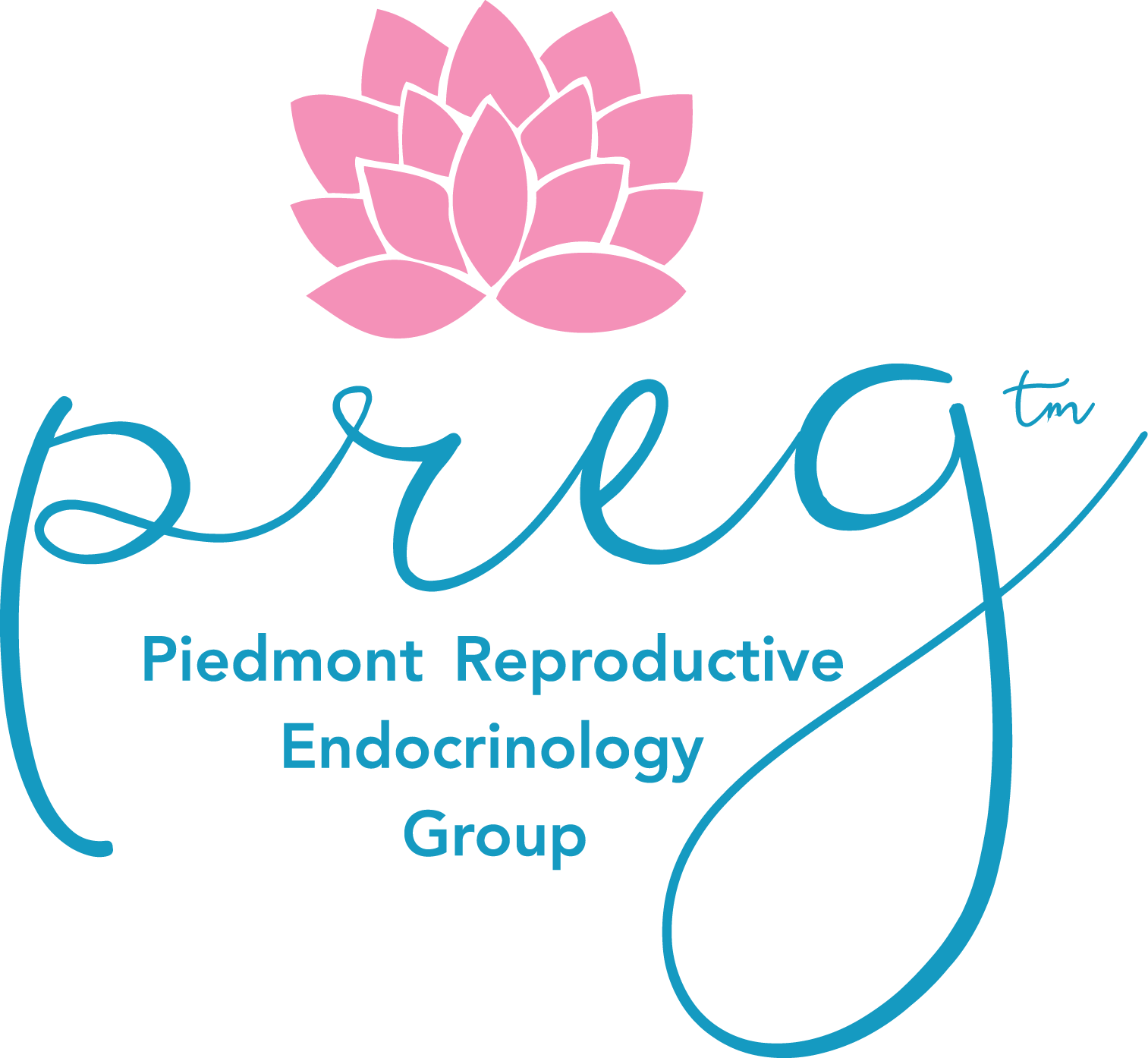WHAT IS ONCOFERTILITY?
Fertility preservation in the setting of a recent cancer diagnosis is often referred to as oncofertility. Oncofertility aims to provide fertility services to those recently diagnosed with cancer who want to explore options for having future children. As cancer treatments become more effective, more cancer patients become cancer survivors. Many patients may not have started or completed their families and are concerned that the cancer therapy may render them unable to have children once their cancer is controlled or cured. Many think that they must choose between treating their cancer and preserving their fertility. In the past, this was often the case. With early, timely referrals to a reproductive specialist and more reproductive options, many patients can now do both.
Who is Eligible?
Any patient referred by a cancer center or oncologist is eligible for care. Some discounted services are income-based while others have no income requirements. Applications for discounted services will be provided, and a consultation with the PREG financial counselor will be arranged.
What Options are Available?
A full range of fertility services may be offered depending on the patient’s history and wishes.
- For men- sperm freezing, testicular sperm extraction, and testicular tissue preservation
- For women-in vitro fertilization with egg or embryo freezing
- For couples-embryo donation with frozen embryo transfer after cancer treatment, traditional adoption counseling and referral, third party reproduction services
Will This Cause a Delay in Cancer Treatment?
Depending on the option chosen, there may be no delay, a very minimal delay, or possibly up to a 4-week delay for women opting to undergo IVF with egg or embryo freezing. Typically, the IVF process takes about 2-3 weeks. We often coordinate the fertility treatments with the approval of the patient’s oncologist so as to have little or no delay in cancer treatment. Previous studies indicate that time delays or short term hormonal elevations for fertility preservation have little impact on cancer outcomes. However, the decision to proceed with fertility preservation is made in conjunction with the patient’s cancer care team.
What Are Some Examples?
Men about to undergo surgery or radiation for cancer can collect several samples through masturbation (one or even two a day) for sperm freezing. One or two cryopreserved samples may provide enough sperm for a future IVF cycle(s). Men who are able to collect and freeze four or more samples may, depending upon sample quality, have enough banked for later use for an intrauterine insemination of their partner.
In the setting of a recent breast cancer diagnosis, women often undergo a surgical procedure before starting chemotherapy or radiation. The healing time between surgery and subsequent cancer treatment is generally 4 to 6 weeks. This is an ideal time interval in which to complete IVF, if desired, so that the fertility treatment does not delay the cancer treatment. Many other cancers that require surgery will also fit within this time frame.
ready to take that first step?
It just takes one call. Our team of expert reproductive endocrinologists are here for you.



